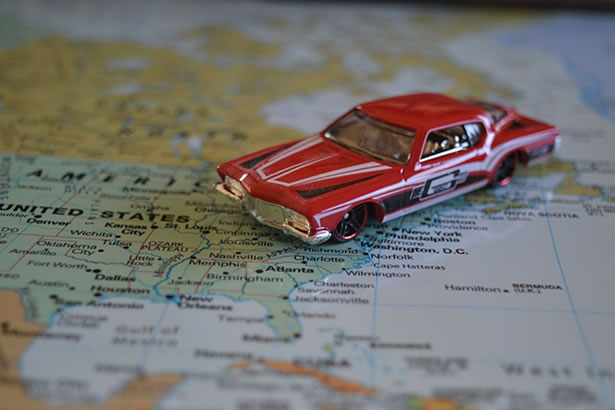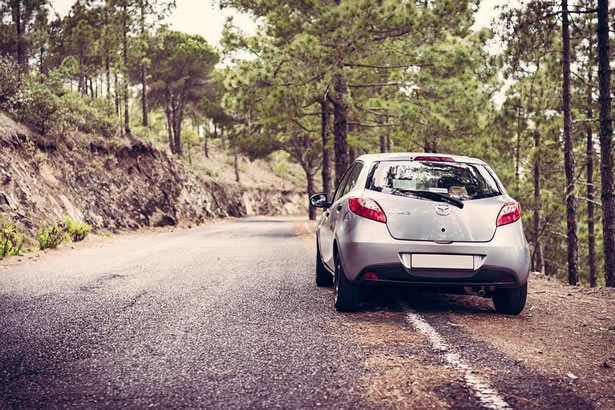How To Prepare Your Vehicle For Survival
For many people, travelling by car represents a part of everyday life, because they go to work and return home using these means of transport. Many people usually choose a car exclusively as a mean of transport for longer trips then going to work, for instance to travel abroad or going to the seaside. Due to frequent traffic jams on the roads, but also due to the high temperatures in the summer, it is important that your vehicle is in good condition to safely travel. In order not to turn the journey into a nightmare, it is necessary to perform the simple checks of cars for the road, and you should learn as much as you can on how to keep it in the best functioning condition, depending on the disaster you might be facing, the location you would be heading to and the route you take to get to the desired location. There are things that a driver may carry out, while for some things it is better to seek professional help.

You should first check the level of all fluids. This includes engine oil, brakes fluid and power steering oil, coolant and washer fluid. Checking the engine oil level is essential because the engine will be exposed to the long road, the increased load, so it is quite understandable that without enough oil vehicle will not get that far. Depending on the period (winter, summer) when you are travelling, pour the appropriate liquid for washing windows. This also goes for tires. Having in mind the fact that there is a valid opinion among many drivers that in the summer you should pour only water in the coolant, in fact, you should pour a mixture of water and antifreeze.
It is also a good idea to check the status of the suspension and braking systems often. You should pay particular attention to the shock absorbers, springs, brake pads and brake discs. Checking tires is essential, not only for safety but also for the economy. Less inflated tires have a stop braking distance by up to 10-percent longer, which means much higher fuel consumption. Make sure there are no leaks and that everything works as it should. In the summer, due to changes in the climate, a car can consume more electricity leaving the battery low. And without it, the car won’t start or run.
What we all first think about when it comes to travel, especially in the summers, is air conditioning. Check that the air conditioning in your car is working properly. In a vehicle service center, you can check air conditioning, and if it’s necessary, supplements of the gas and thus examine the whole system. It would not be bad to disinfect the system every 3-4 years, in order to avoid the occurrence of odors. It is also necessary to ventilate the vehicle before or while driving, but not exaggerate with it – it is recommended that the temperature inside the vehicle is five-degrees lower than outside.

Make sure all the signals on the car work – all lamps, blinkers and horn on the car. When you are on the open road, it is very important to see and be seen. It is important to have some liquids, such as water, tea or juice and, just in case, enough food. Similarly, a full tank of fuel is desirable and the air in the tires must be checked before travelling. The level of oils should be checked as well. Make sure you have all the necessary mandatory equipment in the car. The required equipment includes: bright reflective vest, bulb kit, tow rope, bright reflective triangle, first aid, child seat and fire extinguisher.
After these regular things, if you find yourself lost somewhere or if you cannot proceed with the travelling due to some severe weather conditions, it is important to know that your car is ready to handle it all. As stated previously, it is important to have enough food supplies (preferably snacks or food in cans), enough water and the first aid kit. The kit should contain a bottle of rubbing alcohol, gloves, bandages and some painkillers. It would be good if you had a licence for carrying a weapon with you, so you can keep it in the car with you. Make sure all the batteries are fully charged prior to leaving somewhere. Also, bring a lamp; don’t use the one on the mobile phone because it may rapidly lower the battery level.
One can never know what is going to happen on the road, but it would be good to prepare everything in advance. You know, just in case. Remember how people say: Better safe than sorry.
![]()
About the Author
 Robert Foster is a 30-year-old fitness instructor, nature survivalistand a part-time blogger for prosurvivalist.com. He spends most of his free time outdoors and if you can’t find him for a couple of days, he’s probably somewhere on a biking, cycling or a hiking holiday again.
Robert Foster is a 30-year-old fitness instructor, nature survivalistand a part-time blogger for prosurvivalist.com. He spends most of his free time outdoors and if you can’t find him for a couple of days, he’s probably somewhere on a biking, cycling or a hiking holiday again.
All content provided courtesy of Robert and prosurvivalist.com.
--